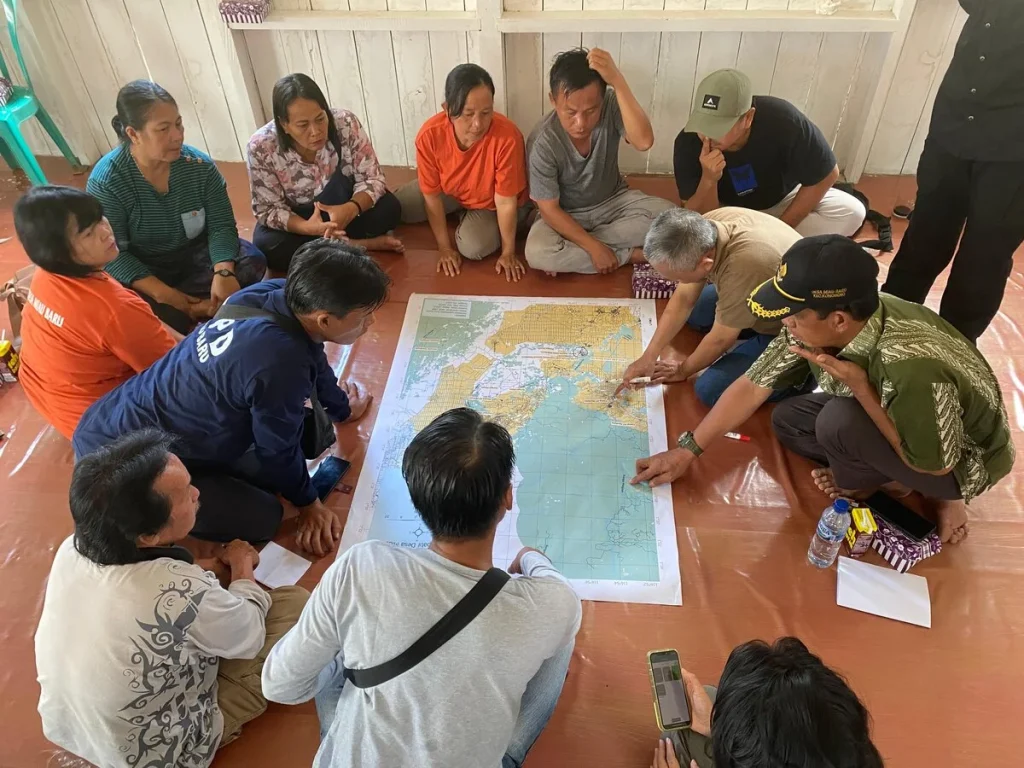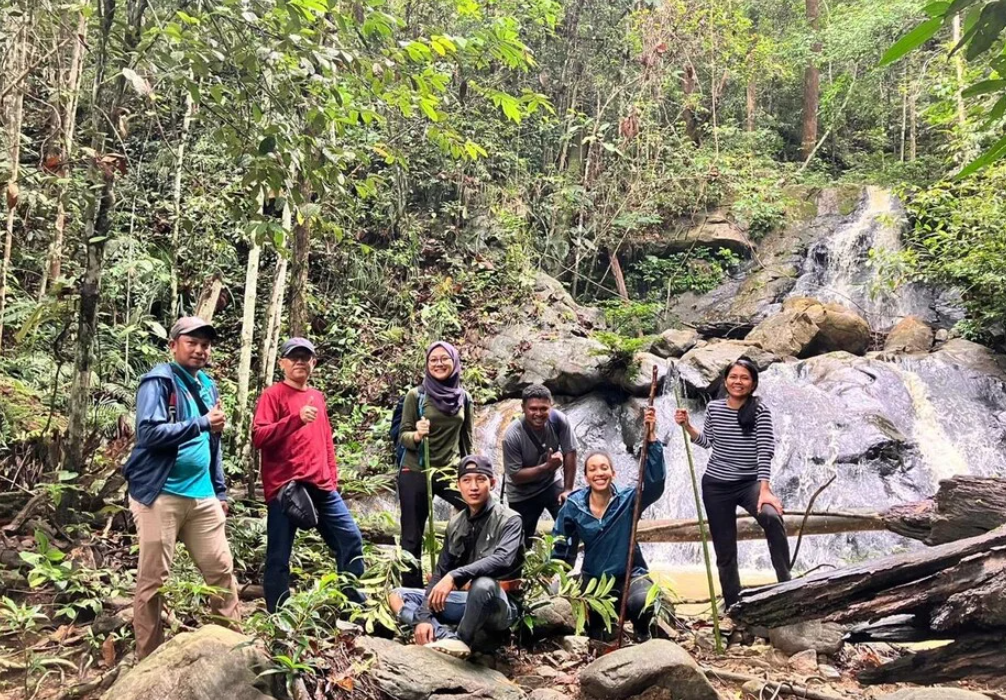This impact story was originally published by Proforest here.
The Sustainable Landscape Initiative in Kutai Timur (SUSTAIN KUTIM) project is a collaboration between the public and private sector in East Kalimantan, Indonesia, coordinated by Deutsche Gesellschaft für Internationale Zusammenarbeit (GIZ), Proforest and Tanah Air Lestari (TAL), under the remit of the East Kutai District Government’s ongoing sustainability strategy.
Introduced in 2023, SUSTAIN KUTIM is developed to support the district government’s commitment to achieve sustainable agriculture production for East Kutai.
The project aims to strengthen the capacity of the East Kutai District Government, local communities, smallholders, workers, and plantation companies to cooperate in transforming East Kutai to be a sustainable region in agricultural (with a focus on palm oil) production.
These commitments by East Kutai District Government towards the project is guided by Sustainable Plantation Declaration which aims to strengthen the commitment of public and private sector and increasing high conservation value (HCV) protection of East Kutai.
The project aims to achieve a sustainably managed landscape that will contribute to reducing Forestry and Land-use emissions that will benefit the local government, communities, smallholders, and producer companies, and workers of palm oil and rubber plantations.
East Kutai is home to vast palm oil plantations alongside the most extensive natural forest cover. The area contains significant area of wetlands, karst, mangroves, coral reefs, and habitats for some critically endangered species.
The initiative will contribute to reducing the Forestry and Land-use (FOLU) emissions in Kutai Timur. The project also aims to make local communities, primary producers (smallholders and companies) and workers of palm oil, and the East Kutai District Government benefit from a sustainably managed landscape.

To support the government programme and private sector engagement, the project has received funding from the State Secretariat for Economic Affairs (SECO), the German Federal Ministry for Economic Cooperation to and Development (BMZ), PepsiCo, Nestlé, McDonalds, and Barry Callebaut for the project.
In this initiative, Proforest’s focus will be on the protection of high conversation value (HCV) areas, namely empowering the land users in the five priority villages of selected sub-districts to protect and sustainably manage HCV areas to reduce FOLU GHG emissions.
The five priority villages include Tepian Terap, Miau Baru, Karangan Sebrang, Suka Maju, and Tepian Langsat.
Beyond that, continued private sector engagements will be conducted to ensure alignment and connectivity between HCV areas and village land use plans. This will also lead to the establishment of company-community agreements for collaboration and to jointly managed HCV areas in a sustainable manner.
